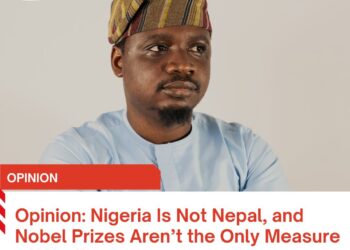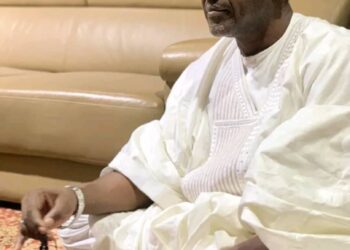A Senior Advocate of Nigeria, Mr Jelili Owonikoko, has advised that contentious lawsuits should be excluded from virtual court hearings.
This, he said, was because the Supreme Court has yet to pronounce on the constitutionality of virtual court hearings.
Owonikoko said the recent decision of the Supreme Court overturning the 12 years’ imprisonment of a former governor of Abia State, Orji Kalu, for N7.65bn fraud should be instructive.
The SAN said given how the Supreme Court decision in Kalu’s case affected so many other cases, it would be wise not to conduct contentious cases by virtual hearing until its constitutionality has been decided by the apex court.
Owonikoko made this submission at a recent webinar, with the theme, “Virtual Proceedings – Pros and Cons,” organised by Alliance Law Firm.
The webinar, moderated by Alliance Law Firm’s Managing Partner, Mr Uche Obi (SAN), had Owonikoko speaking alongside Mrs Funke Adekoya (SAN), Prof. Fidelis Oditah (QC, SAN), Mr Kemi Pinheiro (SAN), Mr Yash Kulkani (QC) and Justice Inyang Ekwo, who represented the Chief Judge of the Federal High Court, Justice John Tsoho.
A record of the webinar made available to our correspondent quoted Owonikoko expressing the opinion that, “Adoption of virtual hearings should be limited to non-contentious matters and other forms of proceedings that do not require oral evidence, such as rulings, judgments, proceedings that can be resolved by affidavit evidence, such as originating applications, interim or interlocutory motions, fundamental human rights applications, judicial review applications, and appeals before the courts, etc.
“This cautious approach should be adopted pending a pronouncement on its constitutionality or legality by the Supreme Court in view of the recent decision of the Supreme Court declaring some sections of the Administration of Criminal Justice Act as unconstitutional in its recent judgment in the appeal against the conviction of (former) Governor Orji Uzor Kalu’s case.
“I am just wondering about the devastation that would be suffered if such a decision is delivered by the apex court affecting matters conducted virtually.”
In his remarks, Justice Ekwo disclosed that Nigerian courts had partnered the United Nations Office on Drugs and Crimes on the taking of evidence of prison inmates through virtual means.



































